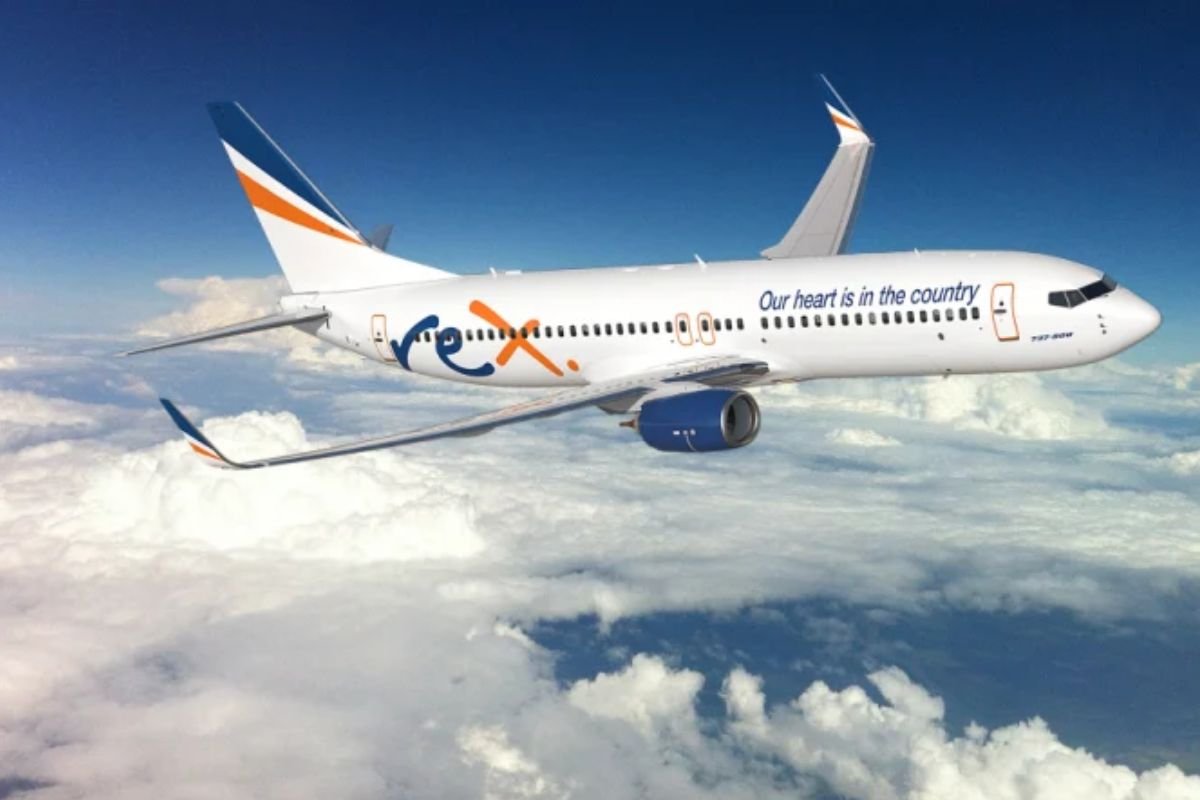Source-smh.com_.jpg
Rex airline, Australia’s third-largest airline, has fallen on hard times. The company, known for its regional services, is now in administration after a risky gamble on major city routes backfired.
A visit to Rex’s website reveals a stark contrast. While you can still book flights on their traditional regional routes, a stark red warning greets those seeking connections between capital cities. These were the very routes Rex airline launched with ambition during the pandemic, a move that appears to have significantly drained the airline’s finances.
This raises crucial questions about regional connectivity, hundreds of jobs, and how Rex could go from profitability to insolvency in such a short timeframe.
A Risky Gamble, a Steep Fall
Rex airline’s foray into major city routes with large jets, a direct challenge to Qantas, ultimately proved self-destructive. In June 2020, capitalizing on a struggling Virgin Australia, Rex saw an opportunity and began leasing Boeing 737s to service capital city pairs.
The strategy promised significant rewards if successful. Rex seemed to echo the success story of Virgin Blue, which filled the void left by Ansett in 2001. Rex hoped to become a major player by exploiting potential weaknesses in a post-pandemic Virgin Australia.
However, Virgin not only rebounded but thrived under new ownership. Qantas, too, emerged from the pandemic and was profitable. Rex, on the other hand, faced stiff competition and difficulty attracting passengers with its lower-frequency flights.
Furthermore, the focus on major city routes diverted resources from Rex’s core regional business. Issues like updating its aging Saab 340 fleet on these routes remained unaddressed. The financial and operational strain proved too much to bear.
The Blame Game and the Future of Regional Aviation of Rex airline
While Rex’s risky expansion played a significant role in its downfall, Qantas isn’t escaping scrutiny. Critics claim the airline deliberately undercut Rex on major city routes to maintain its dominance. Qantas maintains that the domestic market simply doesn’t have enough volume to support a strong third player.
Regardless of the blame game, the impact on regional Australia is undeniable. Connectivity is vital for these communities, and the government has already stepped in with temporary funding to maintain Rex’s regional services.
A slimmed-down Rex is likely to emerge from administration, but its future remains uncertain. A possible partnership with Virgin or further government intervention could be part of the solution. Ultimately, a sustainable model needs to be developed to ensure regional Australia remains well-connected.
Also Read : The Enterprise world






